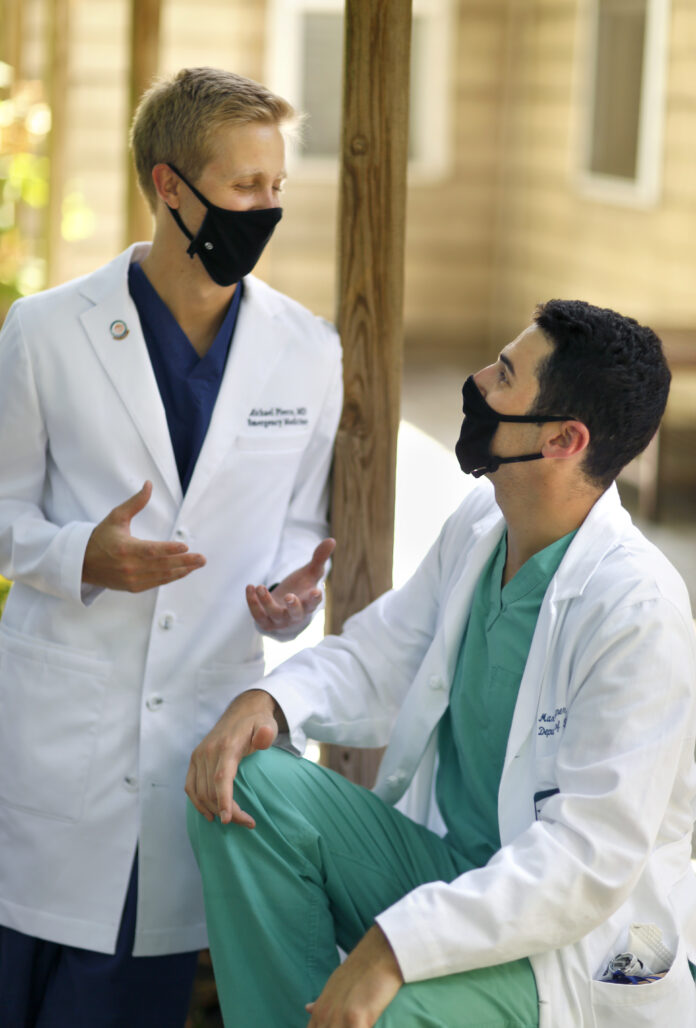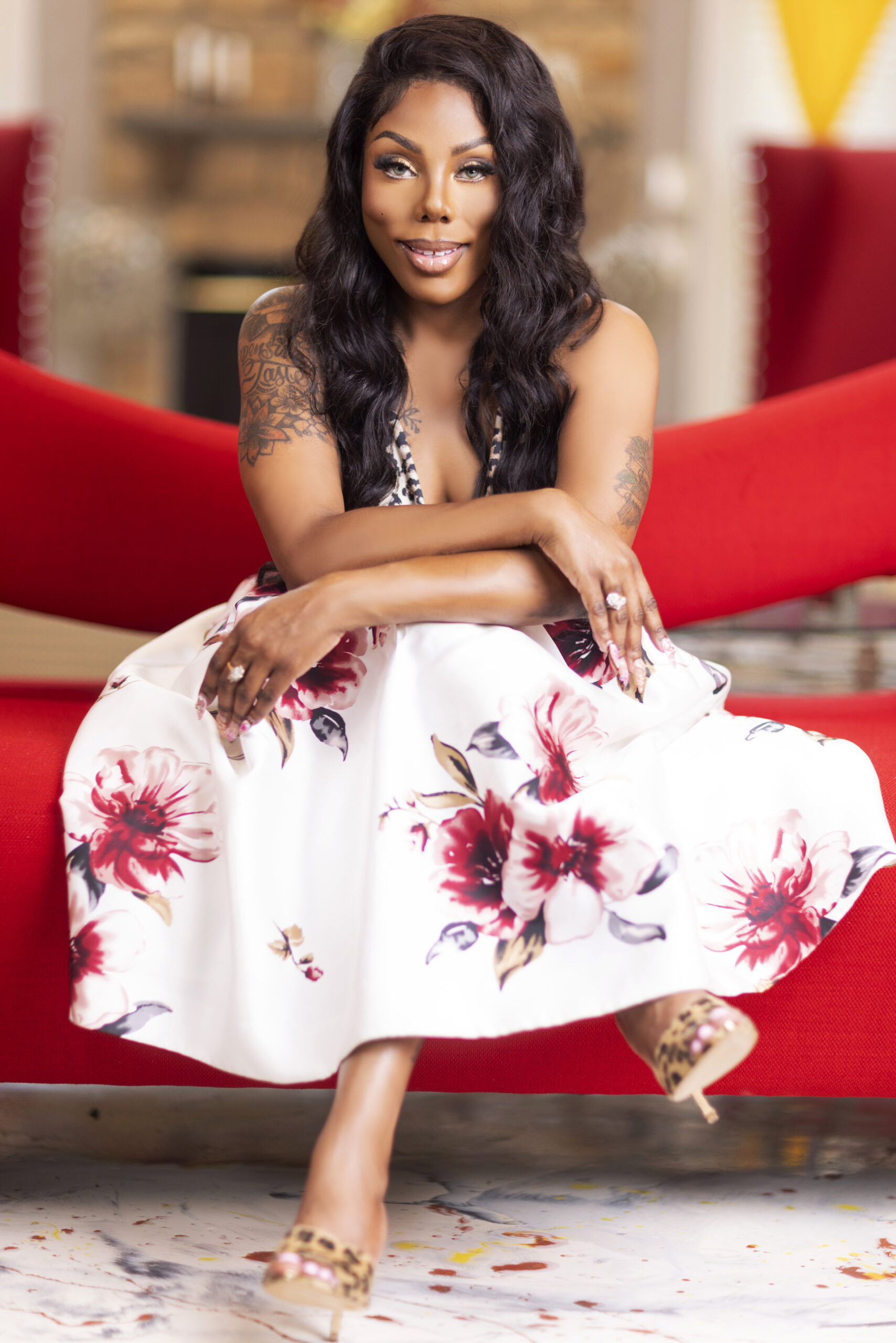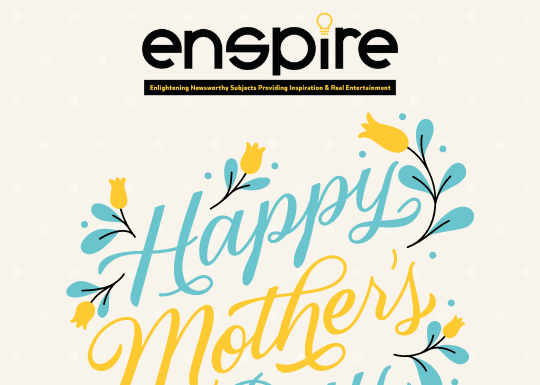( ENSPIRE Features ) ForTheFeel Founder Stephanie Wagner Wants Consumers More Conscious of Inhaling Materials
ENSPIRE Contributor: Adriana Georgiades
As the COVID-19 pandemic has inaugurated face masks into our daily wardrobes, an increasing number of brands are pivoting to include them in their inventory. While facemasks are crucial in combating the spread of the coronavirus, they come with their own set of downsides. The majority are made from materials filled with toxic chemicals and microplastics that we breathe in all day, while the disposal of single-use face masks is adding to the environmental waste problem caused by the fashion industry. Enter young entrepreneur Stephanie Wagner, who has created a line of breathable, ethically-made face masks free of toxic chemicals called ForTheFeel to provide a safer, more sustainable way of protecting ourselves from the coronavirus.
According to Wagner, the problem stems from a lack of regulation. Unlike the food industry, there is not a single U.S. federal agency that oversees the chemical content used in the production of apparel, nor are there any laws that require brands to disclose anything other than fiber content and country of origin on the labels. “Basically, no one is telling us what’s in our clothes … or masks,” Wagner said.
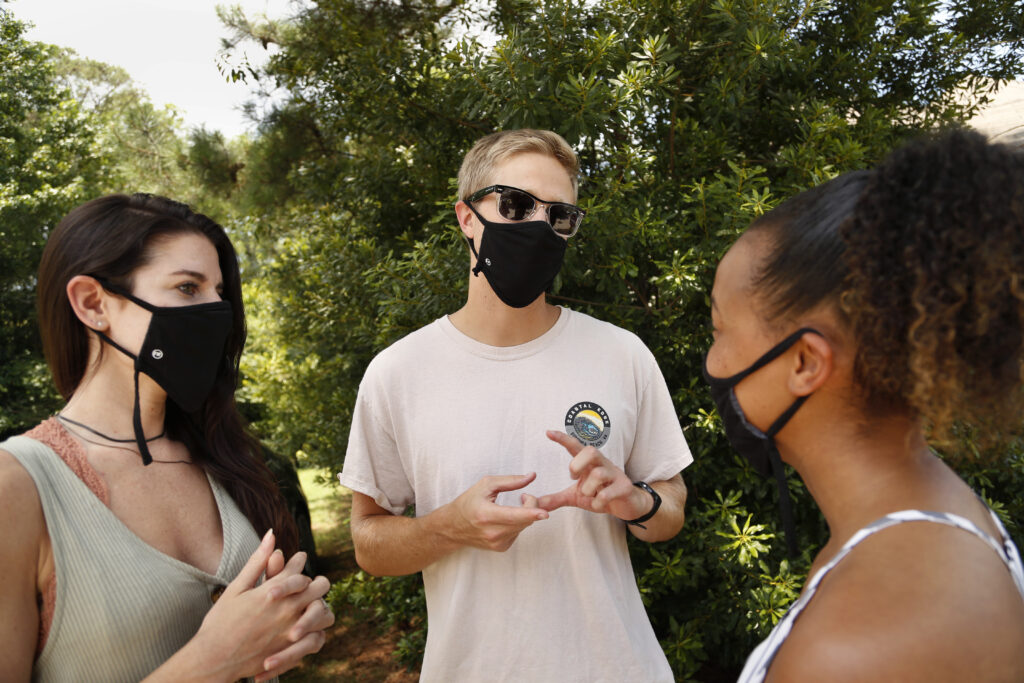
Most people are unaware that the materials used in our apparel, and now our masks, are filled with unregulated carcinogenic chemicals that link to various health problems and diseases. “There are over 8,000 synthetic chemicals used in fashion manufacturing to date,” explains Wagner on her website. “The fabric we put on our skin is being coated with these harsh chemicals throughout various stages of the production process. Most of these chemicals contain known carcinogens and hormone disruptors.” If these materials are harmful to wear, imagine the effects of inhaling them. Even disposable surgical masks are filled with toxic chemicals, including petroleum, formaldehyde, heavy metals, plastics, and azo dyes, among others.
In contrast, ForTheFeel Masks are free of toxic chemicals and synthetic dyes, so they’re safe to wear. They’re crafted from a double layer of plant-based fabric and dyed with four organic ingredients: salt, vinegar, baking soda, and 100 percent certified organic dyes. They’re CDC and physician-approved and come with adjustable straps so you can ensure a custom, comfortable fit.
ForTheFeel masks are also better for your skin, as mask-wearing has been associated with a spike in breakouts on the lower face. This is a direct result of the chemicals used in these masks, like formaldehyde, which causes irritation and allergic reactions on the skin, according to the National Industrial Chemicals Notification and Assessment Scheme. “The increased humidity from sweating gets trapped on your skin and cannot be evaporated through an impermeable layer of polyester, which promotes the release of the chemicals coating the fabric, such as formaldehyde, onto our skin,” Wagner said. “Once released, these toxins can now coat your skin and create micro-abrasions (really tiny cuts that you can’t see) on your face where they go on to cause acne, irritation, and allergic reactions.”
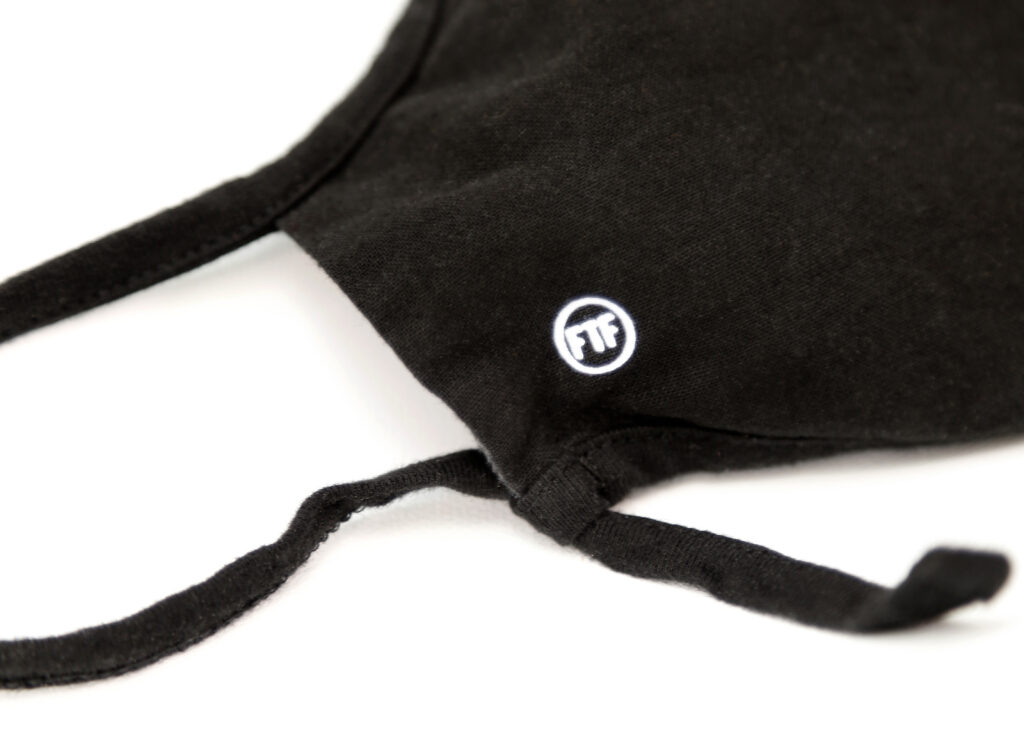
In addition to being a better choice for your health, ForTheFeel is a better choice for the environment. The fashion industry is responsible for 13 million tons of textile waste each year, and this number is only set to grow with the addition of disposable masks that take 450 years to break down. Not only do the masks harm wildlife when they get caught in the earloops, but the synthetic particles pollute the water sources and soil of the surrounding areas. To solve these problems, ForTheFeel masks are reusable and washable, so they will greatly reduce the amount of waste caused by disposable masks, and the materials decompose in less than a year if discarded.
ForThe Feel also prides itself on being socially responsible. All workers involved in the production are paid 37% above the living wage, are ensured safe working conditions free of harmful chemicals, and are treated with the care and respect they deserve.
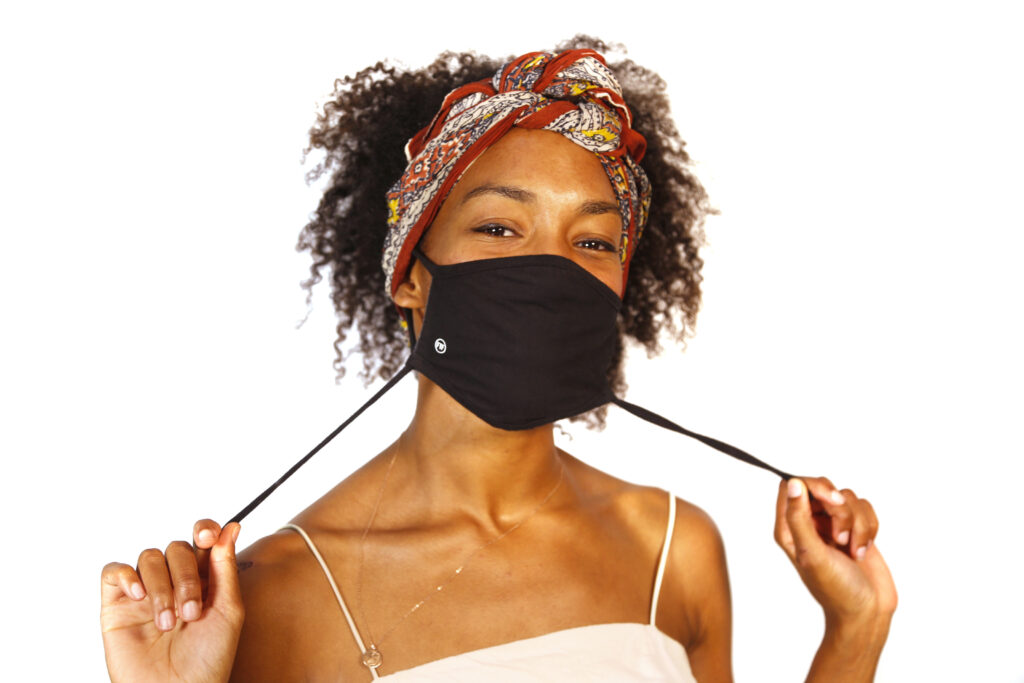
ForTheFeel is just the first step in Wagner’s mission to make the fashion industry more socially and environmentally responsible. “We are actively working with MDs, PhDs, and scientists to acquire evidence-based information to prove that these chemicals are harmful to human health. The EU has already banned 33 chemicals used in the production of our clothing. We would love to see those 33 chemicals banned in the US as well,” says Wagner. With plans to propose legislation to regulate the use of chemicals in apparel fabrics, Wagner is striving to change the fabrics used in the $2.4 trillion fashion industry forever.

